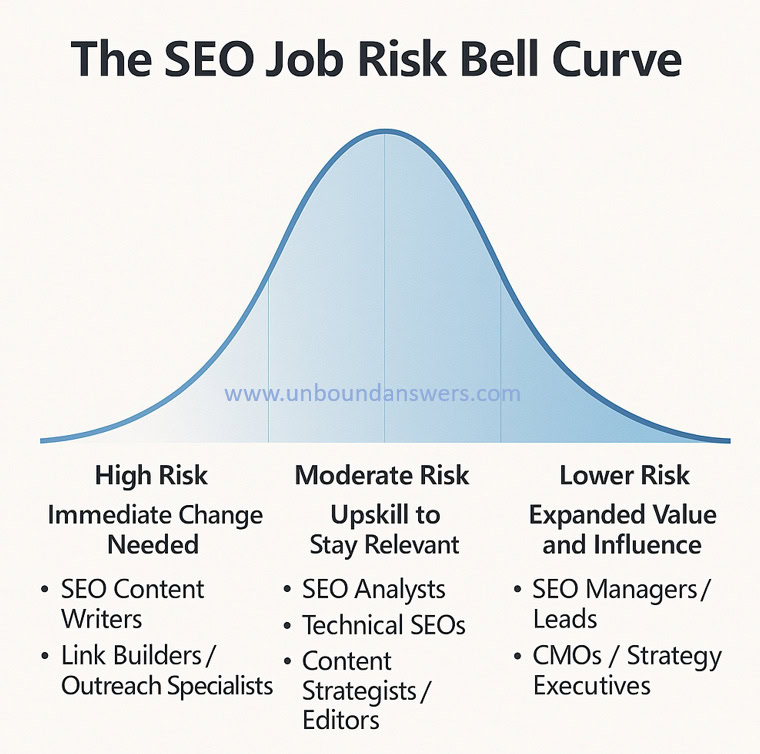Google Explains SEO Impact Of Adding New Topics via @sejournal, @martinibuster
Google's Danny Sullivan explained what to expect, from an SEO perspective, when a site starts publishing on a completely new topic The post Google Explains SEO Impact Of Adding New Topics appeared first on Search Engine Journal.

Google's Danny Sullivan explained the SEO considerations involved when a site starts publishing in a completely new topic category

Google’s Danny Sullivan discussed what happens when a website begins publishing content on a topic that’s different from the one in which it had gained a sitewide reputation. His comments were made at Search Central Live NYC, as part of a wide-ranging discussion about site reputation.
Danny said that introducing a new topic to a website won’t result in the site taking a hit in rankings. But what could happen is that Google might try to figure out how that content fits into the rest of the site.
Here’s what Danny said:
“We have long done work and are going to continue doing that to understand if parts of the site seem to be independent or starkly different than other parts of the site. It is not bad to have a website do whatever you want the website to do for your readers. It’s not bad that you started off covering one thing and you start writing about something else.
I had one person at an event who was very, very concerned. They started writing about snowboards but now wanted to start writing about skis and was terrified.
That if they write about skiing that somehow the topic of the website and the focus will somehow… it doesn’t work that way.
We’re not kind of building it up on the expertise you have in this particular thing, that type of thing, but what we are trying to understand is if the site seems to be different in some way from other parts of the site.”
It Doesn’t Work That Way
What Danny is saying is that Google looks at how different one part of a site is from another. And if another part is vastly different, he went on to say that sometimes it may rank well for a time based on the reputation of the entire site for the main topic but then the new section may lose rankings.
Danny explained that the loss in rankings is not a penalty but rather it’s just a recognition that a section of a site is so vastly different that the reputation of the entire site doesn’t really apply for that particular topic.
Danny used the metaphor of a “mini-site” to explain how Google might split off the reputation of a new section of a site from the rest of the site so that it can earn reputation for its topic. More about the mini-site metaphor here.
It makes sense that Google would differentiate the different parts of a site because it allows it to understand that a collection of pages is on one topic and another collection of pages within the website are about a different topic.
Featured Image by Shutterstock/Rene Jansa
SEJ STAFF Roger Montti Owner - Martinibuster.com at Martinibuster.com
I have 25 years hands-on experience in SEO, evolving along with the search engines by keeping up with the latest ...

 Tfoso
Tfoso 
































